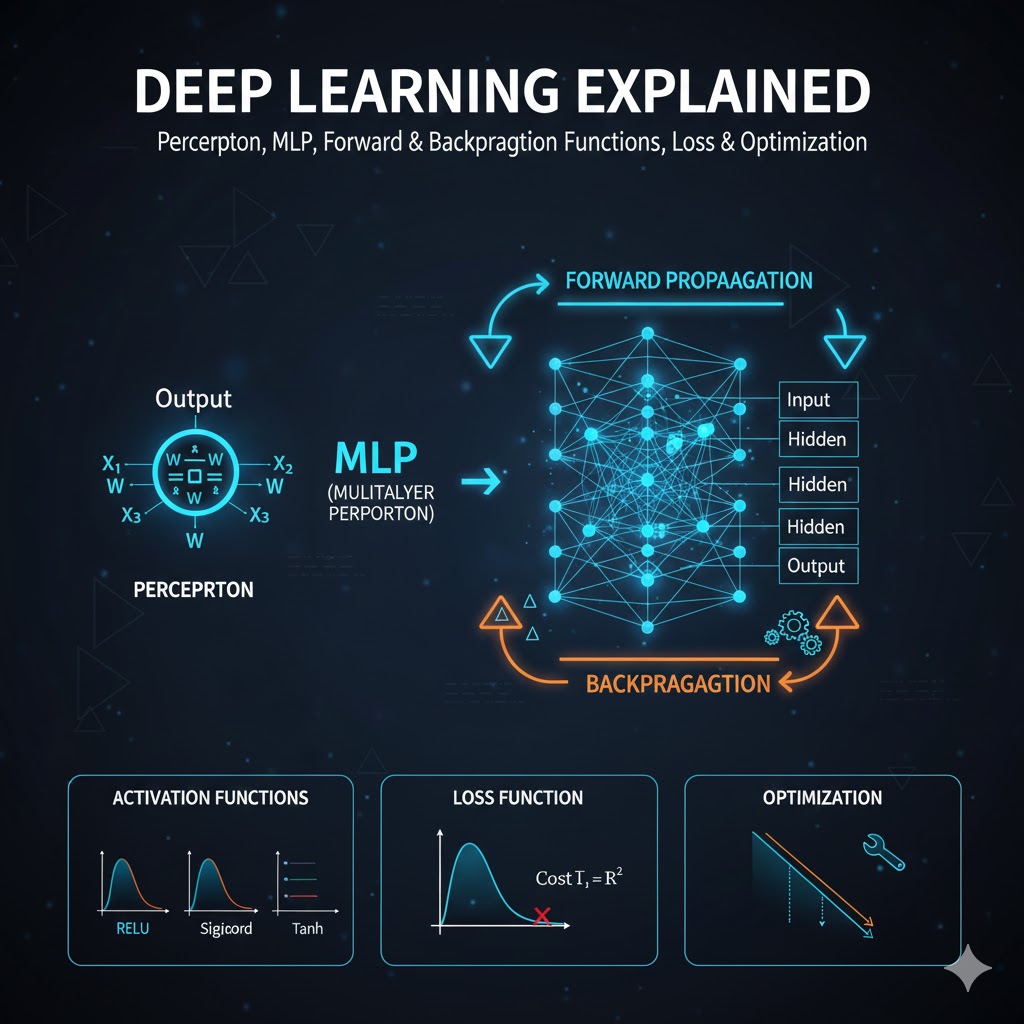
Exploring Virtual Economies: How Online Games Are Impacting Real-World Economics
As virtual economies grow within online games, their impact is increasingly being felt in the real world. From the trade of virtual goods to the rise of new industries and job opportunities, this article explores how virtual economies are shaping global economic trends and what it means for the future of commerce. Delve into the economic implications of virtual markets, the role of cryptocurrencies, and the regulatory challenges posed by these digital ecosystems.












